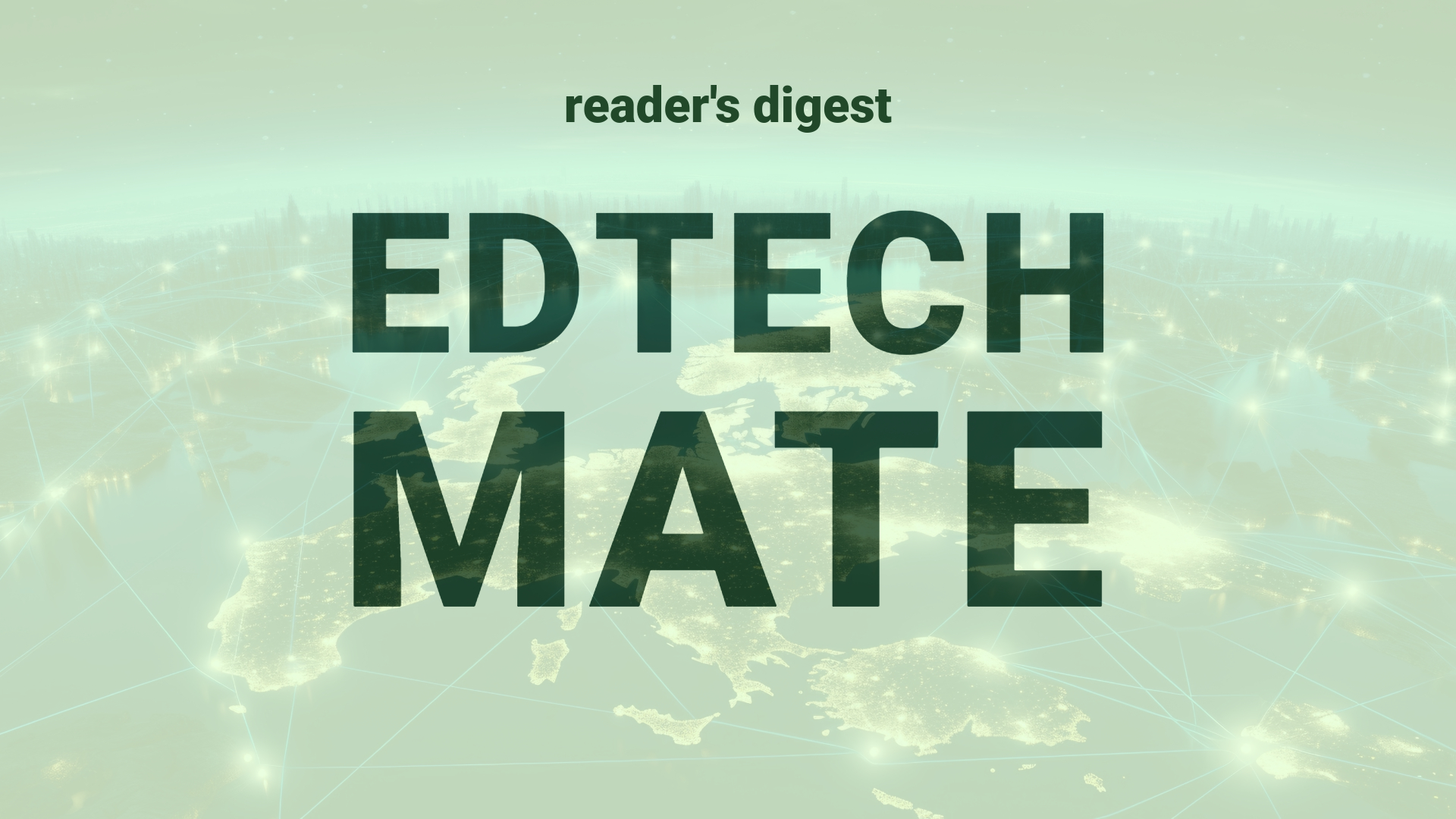Executive Summary and Main Points
The central themes of this commentary revolve around the technological advancements instrumental to international education and the digital transformation within the sector. We observe a significant emphasis on the fusion of sophisticated digital methods, including AI and online platforms, which drive forward the concept of higher education. There’s a clear narrative that recounts the importance of consistent engagement and guidance, akin to a PhD journey under a supervisor’s oversight, suggesting parallels to how education systems could tailor their digital strategies to support long-term academic pursuits.
Potential Impact in the Education Sector
Implications for the education sector could be profound, with the infusion of AI and digital tools streamlining Further Education and Higher Education, and enhancing Micro-credential offerings. These technologies stand to revolutionize teaching methodologies, research supervision, and learning outcomes. Particularly, strategic partnerships could allow for shared resources and cross-border collaborations, thus expanding the international academic community’s reach and impact. Emphasizing consistent support and guidance could potentially drive up quality and success rates in research programs.
Potential Applicability in the Education Sector
Integrated AI solutions could be pivotal for the global education sector. Applications such as predictive analytics might enable customized learning paths and interventions, while AI-enabled research supervision could simulate the meticulous support likened to that of a PhD advisor. Digital platforms can offer expansive repositories of knowledge catering to diverse educational needs across borders, tailoring to both asynchronous and synchronous learning models. These innovations could foster a more interconnected global education network, and AI could serve as a catalyst to personalize and scale learning interventions.
Criticism and Potential Shortfalls
In considering these advancements, we must recognize potential shortfalls such as the homogenization of education practices that may not account for regional and cultural differences. International case studies have shown variances in the acceptance and effectiveness of digitization in education. Furthermore, ethical concerns regarding AI, such as data privacy and bias, could impede the progression and acceptance of digital tools within the education sector. The lack of human interaction in AI may fall short of the nuanced and context-sensitive mentorship exemplified by a PhD supervisor.
Actionable Recommendations
To maneuver these innovative technologies within international higher education, it is recommended to initiate pilot projects that incorporate AI and digital tools within select programs to gauge effectiveness. Establishing strategic partnerships with technology providers can aid in the customization of digital tools for educational purposes. In a nod to the importance of guidance in doctoral studies, institutions should consider the development of AI-powered digital mentorship programs to accompany students throughout their educational journey. Finally, international education leadership should foster a dialogue surrounding the ethical use of AI, ensuring cultural sensitivities and data protection are at the forefront of any digital transformation strategy.

